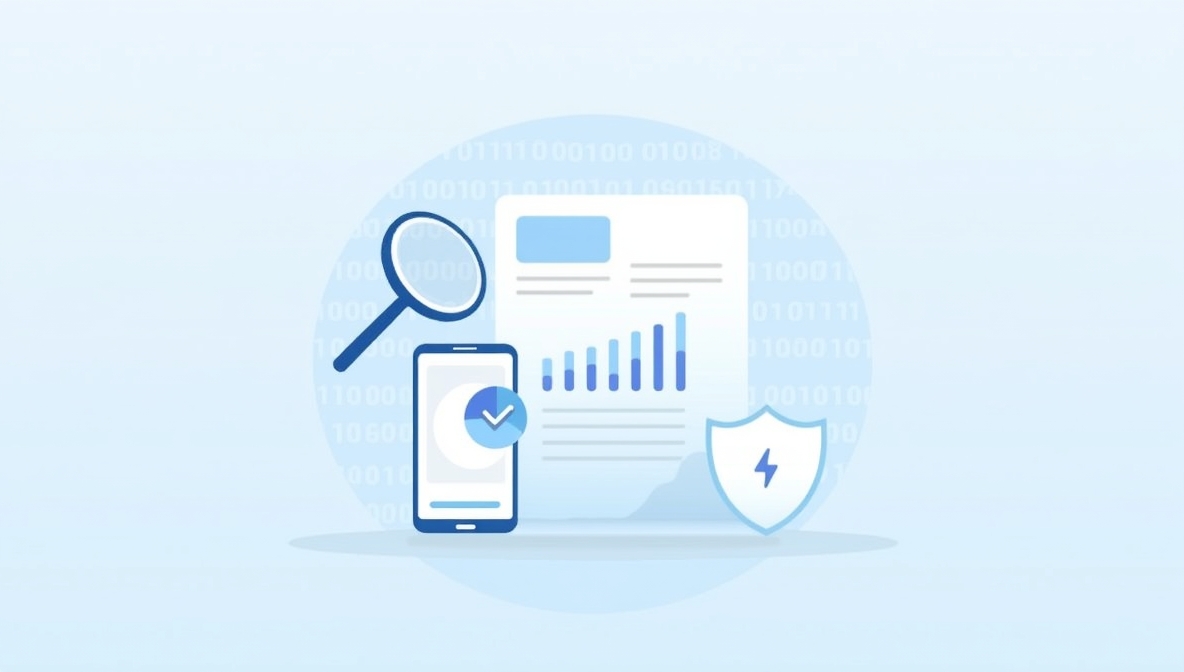Monitoring your credit report is essential for maintaining financial health, detecting identity theft, and ensuring the accuracy of your credit history. With the increasing importance of credit scores in everything from mortgage approvals to job applications, consistently keeping an eye on your credit profile is no longer optional—it’s a necessity.
What is a Credit Report and Why Does It Matter?
A credit report is a detailed summary of your credit history compiled by credit bureaus. It includes information such as:
-
Your personal identification data
-
Credit accounts (credit cards, loans, mortgages)
-
Account payment history
-
Credit inquiries
-
Public records (bankruptcies, judgments, liens)
Lenders, landlords, and even employers use this report to assess your creditworthiness, reliability, and financial responsibility. Errors or signs of fraud on your report can result in higher interest rates, denied applications, or worse—identity theft.
How to Access Your Credit Report
Under the Fair Credit Reporting Act (FCRA), you're entitled to a free credit report from each of the three major credit bureaus—Equifax, Experian, and TransUnion—once every 12 months. You can request your reports by visiting:
During certain periods (such as economic downturns or public health emergencies), the credit bureaus may offer more frequent access to free reports.
To access your report, you’ll need to provide:
-
Full name
-
Social Security number
-
Current and previous addresses
-
Date of birth
-
Answers to security questions based on your financial history
How to Read and Understand Your Credit Report
Understanding the structure and content of your credit report is essential for effective monitoring. Here's how to interpret it:
1. Personal Information
Check for accuracy in:
-
Name(s)
-
Date of birth
-
Social Security number
-
Address history
-
Employment details
2. Credit Accounts
Each account listed will show:
-
Type of account (e.g., revolving, installment)
-
Lender's name
-
Account opening date
-
Loan amount or credit limit
-
Current balance
-
Payment history (on-time, late, or missed)
3. Credit Inquiries
This section lists both hard and soft inquiries. Hard inquiries (from lenders) may affect your score, while soft inquiries (like your own checks) do not.
4. Public Records
Ensure that legal entries such as bankruptcies or liens are accurate and not outdated or erroneous.
5. Collections
Accounts sent to collection agencies are a red flag. If you see a collection you don’t recognize, it may be a mistake or an early sign of identity theft.
Best Tools to Monitor Your Credit Report Regularly
1. Credit Monitoring Services
There are both free and paid credit monitoring services that alert you to changes in your credit report. Top providers include:
-
Credit Karma (Free access to TransUnion and Equifax)
-
Experian CreditWorks
-
MyFICO
-
Identity Guard
-
PrivacyGuard
These services notify you of significant events such as:
-
New account openings
-
Hard inquiries
-
Large balance changes
-
Delinquencies
2. Mobile Apps
Apps like Mint, WalletHub, and Credit Sesame offer real-time credit report tracking and personalized tips for improving your credit.
3. Bank and Credit Card Alerts
Many financial institutions provide free credit score access and real-time alerts when suspicious activities occur.
How to Dispute Errors on Your Credit Report
If you spot an error—like an incorrect late payment, an unfamiliar account, or wrong personal information—you must act swiftly.
Steps to File a Dispute:
-
Identify the error with documentation (e.g., bank statements, letters, court documents).
-
Contact the credit bureau reporting the error.
-
Submit a written dispute online or by mail, including:
-
A clear explanation of the error
-
Copies of supporting documents
-
A request for correction or deletion
-
-
The bureau must investigate and respond within 30 days.
If the item is verified as incorrect, it will be corrected or removed. If the error remains unresolved, you can add a consumer statement to your report explaining your side.
Tips for Ongoing Credit Report Maintenance
Maintaining a strong and accurate credit report requires proactive measures. Here are key tips:
-
Check your reports from all three bureaus regularly (every four months, rotating bureaus).
-
Use credit responsibly by keeping balances low and paying on time.
-
Avoid unnecessary hard inquiries by applying for credit only when needed.
-
Enable alerts on credit cards and bank accounts to spot unusual activity.
-
Freeze your credit if you're not planning to apply for credit soon. This prevents anyone from opening new accounts in your name.
The Role of Credit Scores in Monitoring Your Financial Health
While monitoring your report, don't forget about your credit score. It’s a number derived from your credit report that reflects your creditworthiness. The most common scoring model is FICO, which ranges from 300 to 850.
Score Ranges:
-
800–850: Excellent
-
740–799: Very Good
-
670–739: Good
-
580–669: Fair
-
Below 580: Poor
You can monitor your credit score through the same platforms that track your report. Regular score monitoring helps you spot changes and gauge the impact of financial decisions.
Identity Theft and Credit Monitoring
One of the main benefits of ongoing credit report monitoring is early detection of identity theft. Red flags include:
-
New accounts you didn't open
-
Hard inquiries you didn’t authorize
-
Unfamiliar addresses listed in your report
What to Do If You're a Victim:
-
Place a fraud alert on your credit report.
-
File an identity theft report with the FTC at identitytheft.gov
-
Report the issue to the police and obtain a copy of the report.
-
Close any fraudulent accounts and change affected passwords.
Conclusion
Monitoring your credit report is not just about keeping your credit score high—it’s about protecting your identity, ensuring financial opportunities, and managing your personal finance with accuracy and control. Whether you use free tools, paid services, or manual checks, what matters is consistency and awareness.
Take control of your credit today. Start monitoring, stay informed, and safeguard your financial future.




